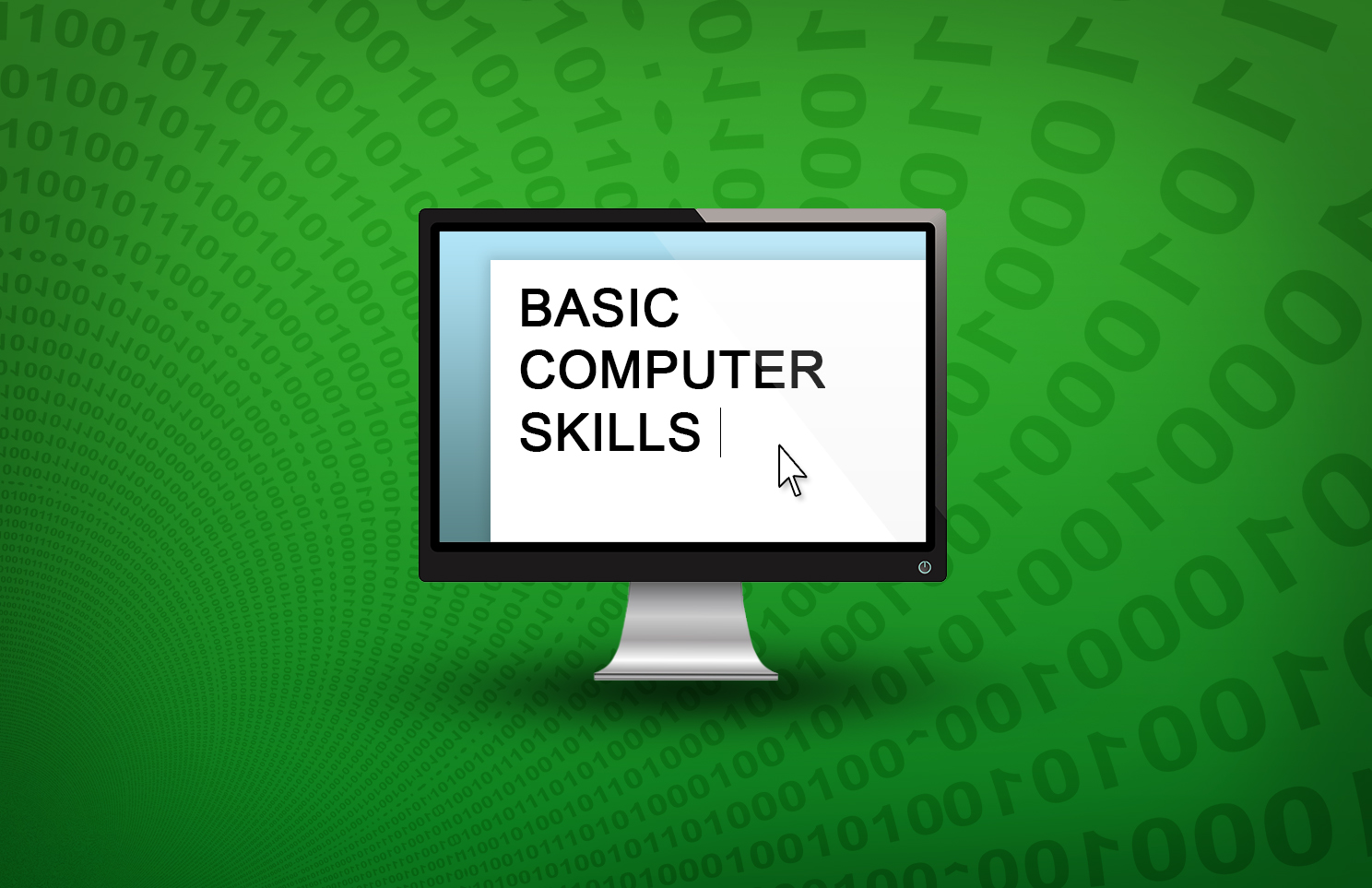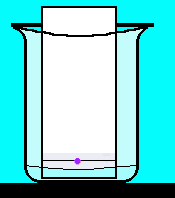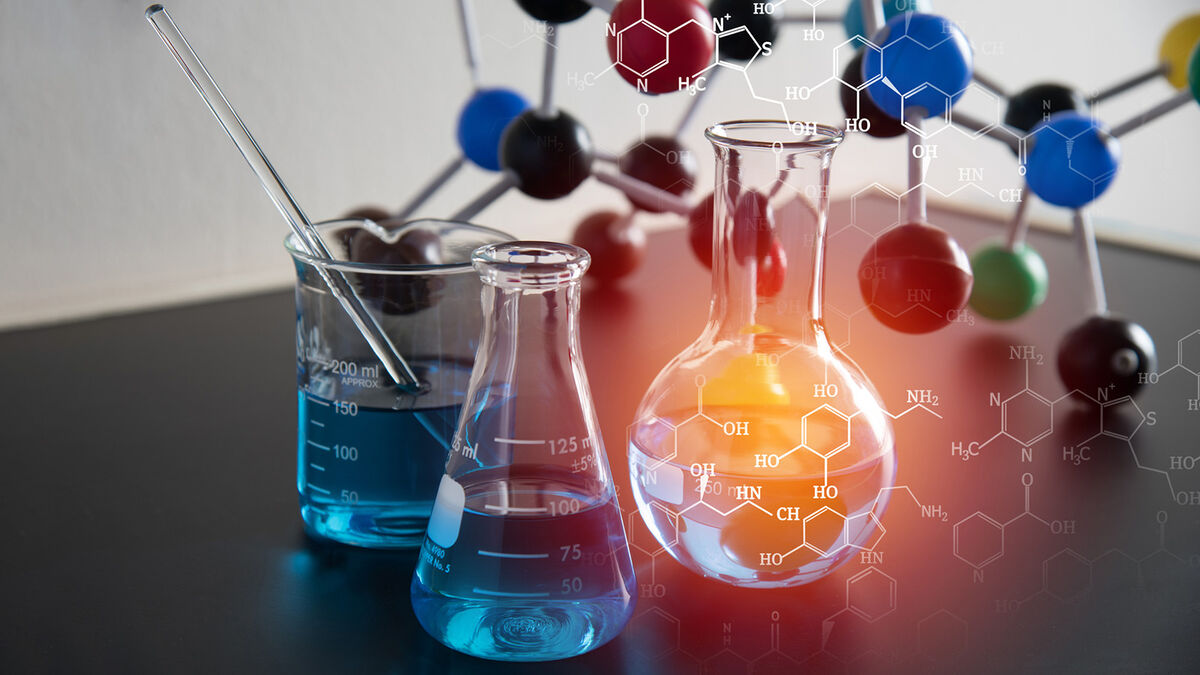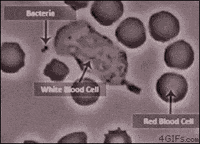A basic computer skills course introduces fundamental concepts and practical applications necessary for effective use of computers. It typically covers essential topics such as operating system navigation , file management, basic troubleshooting, internet browsing, email usage, and an introduction to common software like word processors and spreadsheets. Students learn to create, edit, and manage documents, understand computer security basics, and gain confidence in using technology for everyday tasks. The course aims to equip learners with foundational skills that are essential in both personal and professional environments in today's digital world.

- Teacher: SHIMA A. N.
The objective of course is to help student acquire basic knowledge about Nucleic acids and few biochemical techniques. To enable students understand, design, handle and develop experiments based on the techniques.

- Teacher: Dr. PRATHYUSHA YAMARTHI
The course explores physico-chemical properties of organic and inorganic compounds. They study the properties and reactivity of p-block elements, noble gases, and d-block elements. In Organic Chemistry, the focus is on halogen compounds, alcohols, phenols, ethers, and carbonyl compounds. The Physical Chemistry section covers electrochemistry, quantitative analysis, and colligative properties. The course provides a strong foundation in both theoretical concepts and practical laboratory skills.

- Teacher: Dr SHAROL SEBASTIAN
Biochemistry explains in detail about the various biochemical reactions taking place in our body systems and also explains the biomolecules involved in these reactions to provide us with the metabolic results with energy and other by-products useful for the functioning of the body. The basic concepts of nucleic acids and their chemical composition help to explain the formation of DNA and RNA. The enzymes and their different reactions make us understand the basic concepts of IUPAC, characterization, and their inhibitions.
The microbiology explains in detail about the various concepts, history, microscopy, and various media used in the process of culturing various organisms. The concepts of culturing microorganisms with sterilization and cryopreservation are part of microbiology
- Teacher: Dr. SRINATH NAGANATHAN
The
General English course addresses the language needs of the students at
the undergraduate level. The focus will be on five categories:
Poetry, Prose, Pronunciation, Vocabulary, and Grammar. In addition to
these, the last two segments of each unit are centered on the reading,
speaking, and writing skills of the students. Overall the course will
focus on skills acquisition with an added emphasis on the critical
thinking faculties of the students concerning academic, political,
literary, and ethical concepts. The syllabus has been designed to
improve the communication skills of undergraduate students as a part of a
comprehensive and holistic development that includes ethical, societal,
and cultural concerns.

- Teacher: Dr SAIKIRAN D
- Teacher: Dr MANOJ KANTH SIRRA